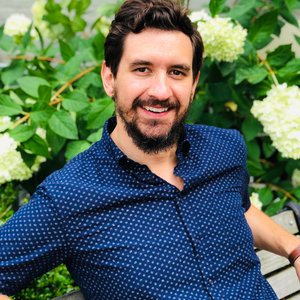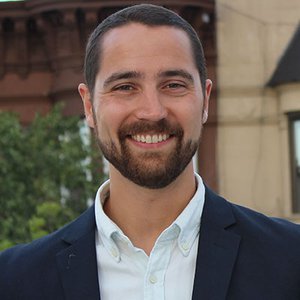HS13: Research and Narrative in Modern European History
About
This group promotes the development of new research that balances academic rigor and broadly accessible narratives. Our events revolve around sharing work in progress and improving narrative skills as historians.
Open to New People
Active since: 2021
- Syracuse University
- University of Rochester
Collaborative Goals
The goals of this group are to establish a community that exchanges works-in-progress, discusses research methods and approaches, and develops new tools for narrative writing. We aim first to continue fostering a broadly inclusive community. Since 2021, we have brought together faculty, grad students, and staff from more than a dozen different institutions in New York, most of whom have attended multiple events. We also aim to facilitate rigorous scholarly engagement that improves the quality of the academic work being done in Central New York. This aim is addressed most explicitly in our annual research seminar which revolves around sharing works-in-progress. And finally, we aim to make scholarly work more accessible by working with experts in the field of creative non-fiction to improve various aspects of narrative development including structure, storytelling, speculation, and writing practices.
Group Organizers


Group Members
- Alan Allport, Professor, Syracuse University
- Tanya Bakhmetyeva, Professor, University of Rochester
- Elisa Camiscioli, Associate Professor, Binghamton University
- Jon Catlin, Postdoctoral Associate, University of Rochester
- Lisa Cerami, Visiting Assistant Professor, University of Rochester
- Judith DeGroat, Associate Professor Emeritus, St. Lawrence University
- Michael Ebner, Associate Professor, Syracuse University
- Cristina Florea, Assistant Professor, Cornell University
- Caleb Fouts, Graduate Student, Syracuse University
- Mette Harder, Associate Professor, SUNY Oneonta
- Tyson Luneau, Assistant Professor, SUNY Cortland
- Morag Martin, Professor, SUNY Brockport
- Daniel McDermott, PhD Candidate, University of Rochester
- Robin Mitchell, Associate Professor, University at Buffalo
- Dylan Mohr, Open Scholarship Librarian, Syracuse University
- Scott Moranda, Professor, SUNY Cortland
- Robert Nemes, Charles A. Dana Professor of History, Colgate University
- Jean Pedersen, Professor, University of Rochester
- Lina Peterson, PhD Student, University at Buffalo
- Peter Roy, PhD Student, Syracuse University
- Rebecca Scales, Associate Professor, Rochester Institute of Technology
- Jennifer Sovde, Assistant Professor, SUNY Canton
- Angela Thompsell, Associate Professor, SUNY Brockport
- Stewart Weaver, Professor, University of Rochester
- Katherine Zubovich, Assistant Professor, University at Buffalo
Activities
Writing Workshop with Helen Rubinstein
March 22, 2025, 9 a.m.
Fall Works-in-Progress Colloquium
Nov. 9, 2024, 11 a.m.
Writing Workshop Spring 2024
March 2, 2024, 9 a.m.